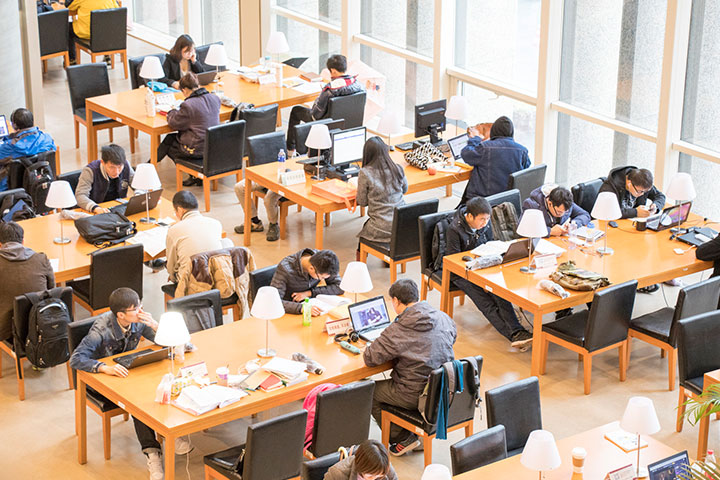Introduction:
In the academic realm, the opening ceremony of a conference is a crucial component for showcasing research outcomes, fostering scholarly exchange, and enhancing collaborative relationships. With deepening academic collaborations and technological advancements, the formats for conference openings continue to evolve and innovate to accommodate varying themes and requirements. This article delves into the various forms of academic conference opening ceremonies to help you find the suitable kickoff for your upcoming conference.
Body:
1. Traditional Opening Ceremony
Traditional academic conference openings often take the form of an inaugural ceremony, typically featuring opening remarks by the organizers, keynote speeches by distinguished guests, and substantive presentations by renowned scholars. This formality sets an intellectually rigorous tone for the conference.
2. Panel Discussions
Opening ceremonies can be conducted through panel discussions, inviting attendees to engage in in-depth deliberations on specific topics. Such formats stimulate intellectual exchanges and debates, fostering the sharing of academic perspectives.
3. Virtual Networking Conferences
Especially in the context of ongoing pandemics, virtual networking conferences allow attendees to participate via video conferencing software. This format offers flexibility in geographical locations, strong interactivity, and time and cost-saving advantages.
4. Workshops and Training Sessions
Kickoff events in the form of workshops focus on enhancing practical skills, enabling attendees to learn new research methods or technologies through hands-on activities. This format suits academically technical conferences.
5. Roundtable Forums
Roundtable forums provide a democratic and open format where all participants collectively engage in discussions, exchange ideas, and address academic issues. This format helps break hierarchical barriers and stimulates innovative thinking.
6. Poster Exhibitions
Through poster exhibitions, participants can showcase their research findings, facilitating face-to-face interactions and exchanges among attendees. This format is suitable for large-scale conferences, enabling a wider display of academic achievements.
Conclusion:
Selecting the appropriate format for the opening ceremony of an academic conference is crucial for the overall success of the event. Whether it is the traditional inauguration, interactive roundtable forums, or adaptable virtual networking conferences, each format offers unique advantages and applications. It is essential to understand the conference's objectives and the participants' needs to ensure that the kickoff not only carries ceremonial significance but also effectively promotes scholarly exchange and inspires innovative ideas.
Additional Tip after Conclusion:
To enhance your selection of conference opening formats, consider combining several formats creatively based on specific needs and participant characteristics. This approach may bring unexpected vitality and impact to your academic conference.
Closing:
Through this exploration, it becomes evident that the academic conference opening ceremony is an intricately creative and strategic element. Choosing the suitable kickoff format not only enhances the depth and breadth of scholarly exchange but also elevates the overall quality of the conference.
